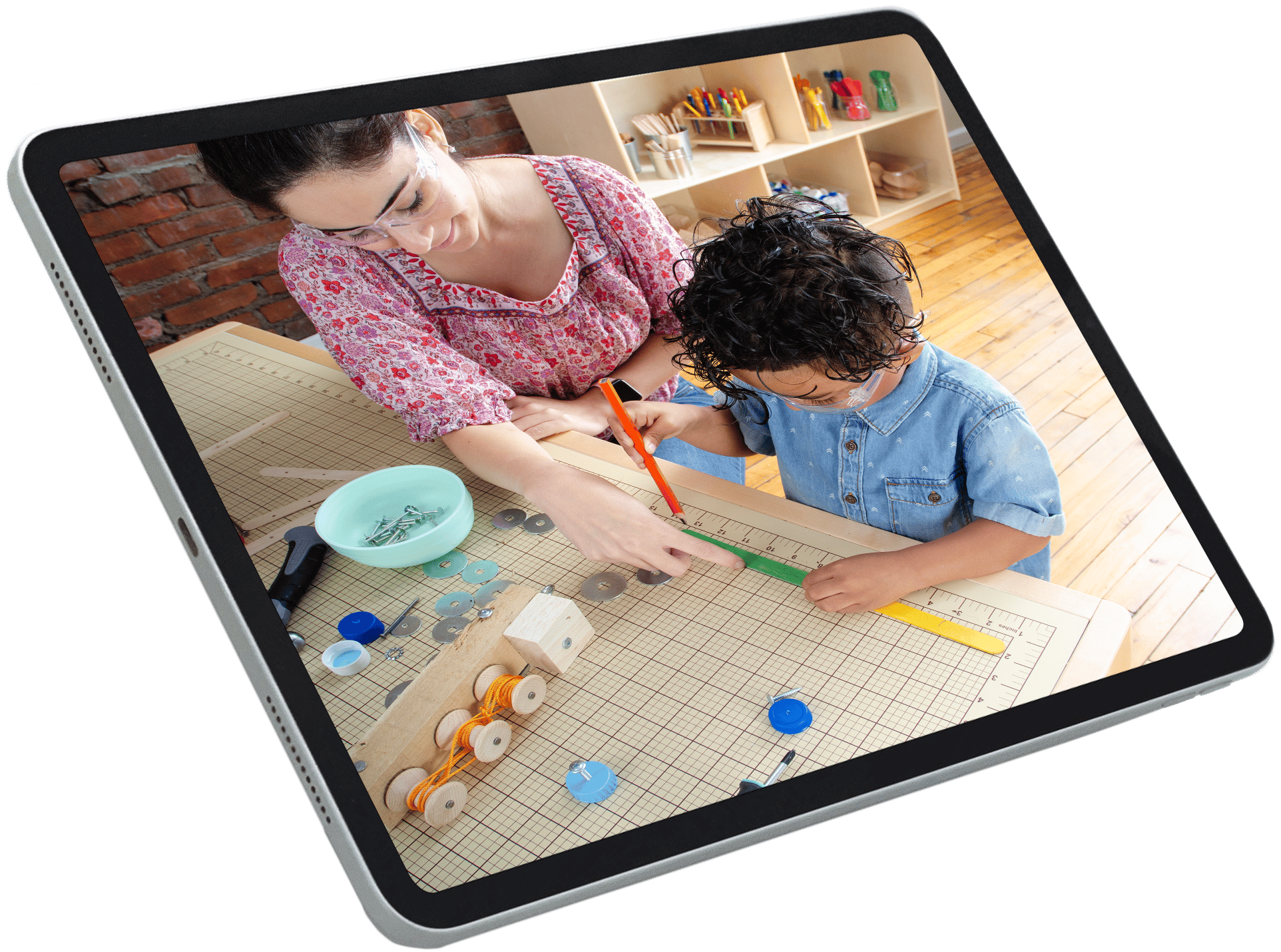
In the third blog of her series, Dear CRT, Dr. Tonia Durden invites educators to explore what it truly means to nurture the spirit of all the children in their care. Explore the rest of her series here.
Dear CRT,
What happens to a dream deferred?
Does it dry up like a raisin in the sun? . . .
Or does it explode?
More than sixty years ago, acclaimed poet, Langston Hughes wrote the poem "Harlem" to represent the experiences of African Americans in the United States and the impact of the systemic and institutional process of devaluing Black Culture, aspirations, and pursuit of happiness and success. Whether this is your first time reading my blog series, or the title piqued your interest, surely there is a reason why you paused to read this blog. Could it possibly be that you're guilty of deferring dreams and are interested in learning more on ways to be culturally responsive and engaged with all learners, especially Black and Brown children?
If you are as eager and enthusiastic as I am, then let's not belabor the work ahead! One of my most influential teachers in learning how to be a culturally responsive teacher is my four-year-old daughter. My family, (because it takes a village), is in the process of selecting a Kindergarten for our daughter. Yes, the curriculum, teacher qualifications, and expectations for parent partnerships matter, but we are primarily pursuing a school that will be a spirit nurturer for our children.
Esteemed scholar, Dr. Bettina Love reminds us how, as Black and Brown children enter the classroom, their spirits are destroyed daily. My question becomes, what does it mean to be a spirit nurturer of children?
To nurture the spirit of a child is to see a capable, brilliant being with many talents and gifts a teacher has the privilege of levering for academic excellence.
To nurture a child's spirit is to learn each second from this child and their family and therefore grow stronger as a culturally relevant teacher.
To nurture a child's spirit is to see education as an opportunity to support children's healthy social and emotional development.
To nurture a child's spirit is to ensure the learning goals include cultivating children's positive racial and cultural identity.
To nurture a child's spirit is to experience joy and delight with children.
To nurture a child's spirit is to have high expectations of myself as a culturally relevant teacher and to critically reflect on how my environment and interactions prevents challenging behaviors, encourages unfiltered exploration and engagement, and cultivates an anti-bias, anti-racist classroom environment for young children.
So, I ask you Culturally Relevant Teacher, at this moment in time how can you be better at nurturing the spirit of the children in your care?
I am so very excited that you are interested and ready to move forward in focusing on accepting, embracing, and nurturing the spirit each child brings with them to the classroom!
The following resources will aid in taking those first steps in this journey.
- We Be Lovin' Black Children: Learning to Be Literate About the African Diaspora by Gloria Swindler Boutte, Joyce Elaine King, George Lee Johnson, Jr., and LaGarrett J. King
- Culture Matters: Supporting Young Children's Social and Cultural Development by Tonia R. Durden, Elsa Escalante, and Kimberly Blitch
- We Want to Do More Than Survive: Abolitionist Teaching and the Pursuit of Educational Freedom by Bettina L. Love
Onward and Upward,
Tonia Durden
About the Author
Tonia Durden, PhD, is a clinical associate professor of early childhood and elementary education and is a program coordinator at the Georgia State University College of Education and Human Development. She is also a co-author of the book Don't Look Away: Embracing Anti-Bias Classrooms.
Explore This Series
Dear CRT: Creating Culturally Relevant Classroom Environments
Dear CRT: Responsive Interactions
Dear CRT: Approaches to Learning
Dear CRT: How to Be Anti-Racist & Anti-Bias
References
Boutte, G. S., King, J. E., Johnson, G. L.,'King, L. J. (Eds.). (2021). We Be Lovin' Black Children: Learning to Be Literate About the African Diaspora. Stylus Publishing, LLC.
Durden, T., Escalante, E.'Blitch, K. (2014, September). Culture Matters- Supporting Young Child's Social and Cultural Development. https://extensionpublications.unl.edu/assets/pdf/g2241.pdf.
Hughes, L. (1951). "Harlem." Poem in The Collected Works of Langston Hughes. https://www.poetryfoundation.org/poems/46548/harlem.
Love, B. L. (2019). We want to do more than survive: Abolitionist teaching and the pursuit of educational freedom. Beacon Press.
